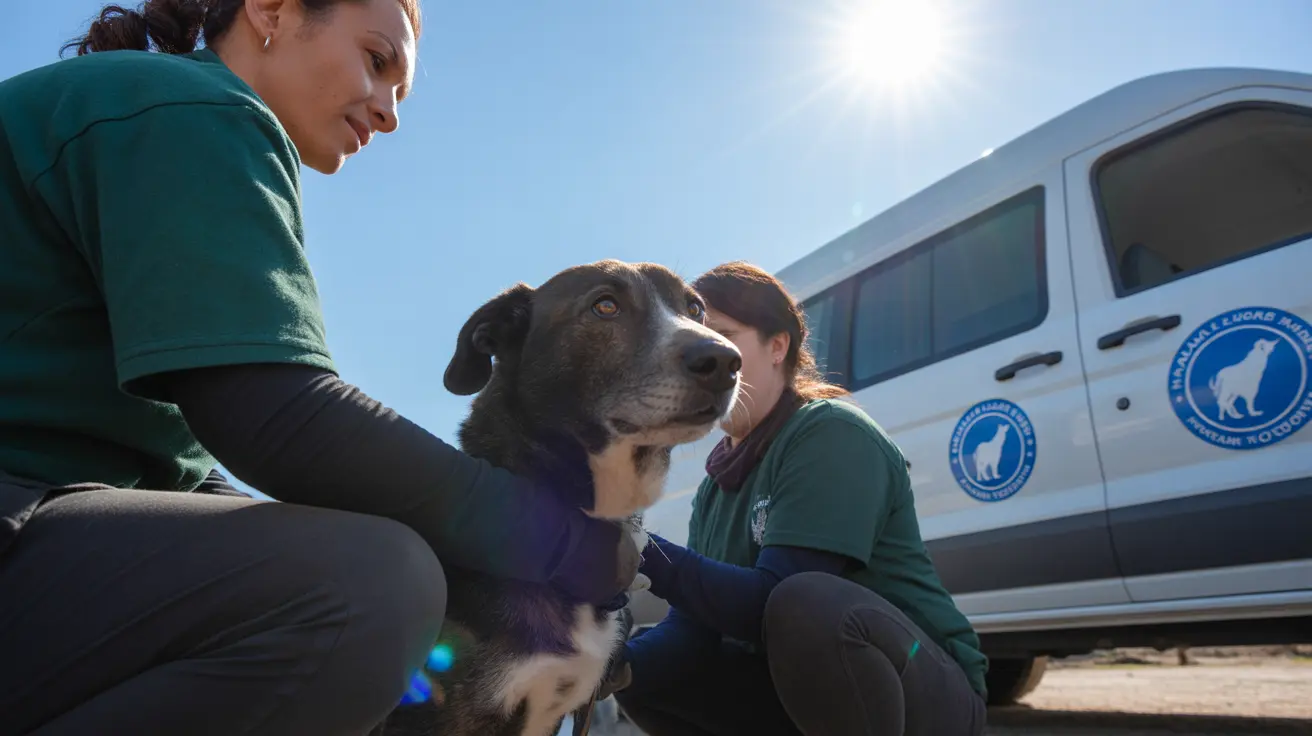Animal Cruelty Investigation Uncovers Extensive Operation
The rescued fighting dogs rehabilitation process will be extensive, as many of the 47 animals require specialized care and behavioral assessment. Law enforcement animal cruelty cases of this magnitude typically involve collaboration between multiple agencies and humane society dog rescue organizations to ensure proper care and placement of the animals.
Each dog will undergo thorough medical and behavioral evaluations to determine their readiness for shelter placement. This process is essential because dogs used in fighting operations often suffer from both physical injuries and psychological trauma that requires specialized treatment and rehabilitation.
Signs of Dogfighting Abuse Every Pet Owner Should Know
Recognizing severe animal neglect signs and indicators of potential dogfighting activity can help communities protect vulnerable animals. Dogs involved in fighting operations often display specific physical and behavioral characteristics that distinguish them from typical pet abuse cases.
Common indicators include multiple dogs kept in poor conditions, animals with unexplained injuries or scars, dogs exhibiting extreme aggression or fearfulness, and properties with fighting paraphernalia or training equipment. Pet owners should remain vigilant in their communities and understand how to report suspected dogfighting to appropriate authorities.
Rehabilitating Abused Dogs: The Path to Recovery
The rehabilitation process for rescued fighting dogs involves comprehensive medical care, behavioral assessment, and specialized training. Fighting dog rescue organizations work tirelessly to help these animals overcome trauma and learn to trust humans again. The timeline for recovery varies significantly based on the individual animal's experiences and physical condition.
Many dogs rescued from fighting operations can successfully transition to loving family pets with proper rehabilitation. However, this process requires patience, specialized knowledge, and ongoing support from experienced animal welfare professionals.
Animal Abuse Laws South Carolina and Legal Consequences
Dogfighting felony charges carry serious legal consequences in South Carolina, reflecting the state's commitment to combating animal cruelty. The connection between dogfighting and other criminal activities, including drug trafficking and illegal weapons possession, often results in additional charges for those involved in these operations.
Understanding animal fighting awareness and the legal framework surrounding these crimes helps communities recognize the severity of such operations and the importance of reporting suspected activities to law enforcement.
Frequently Asked Questions
What are the signs that a dog may be involved in dogfighting, and what should I do if I suspect it?
Signs include unexplained wounds or scars, particularly around the face and legs, dogs kept on heavy chains or in poor conditions, animals that appear overly aggressive or fearful, and the presence of fighting paraphernalia. If you suspect dogfighting, contact local law enforcement or animal control immediately rather than investigating yourself.
How do rescued fighting dogs recover, and can they be rehabilitated for adoption into homes?
Many rescued fighting dogs can be successfully rehabilitated with proper care, medical treatment, and behavioral training. The recovery process typically involves veterinary care for injuries, socialization training, and psychological rehabilitation. While some dogs may require specialized homes, many can become loving family pets with patience and proper support.
How long does it take for an abused fighting dog to be ready for placement in a shelter or forever home?
The timeline varies significantly based on the individual dog's physical and emotional condition. Some dogs may be ready for adoption within weeks, while others may require months of rehabilitation. Each animal undergoes thorough evaluation to ensure they're ready for placement and matched with appropriate homes that can meet their specific needs.
Moving Forward: Community Protection and Awareness
The rescue of these 47 dogs serves as a reminder of the ongoing need for animal fighting awareness in our communities. Pet parents and animal lovers play a crucial role in protecting vulnerable animals by staying informed about the signs of abuse and knowing how to report suspected illegal activities.
Supporting local animal welfare organizations and staying engaged in community efforts to combat animal cruelty helps ensure that more animals can be rescued and find the loving homes they deserve. Every rescued animal represents a victory against those who exploit and abuse defenseless creatures for profit and entertainment.






